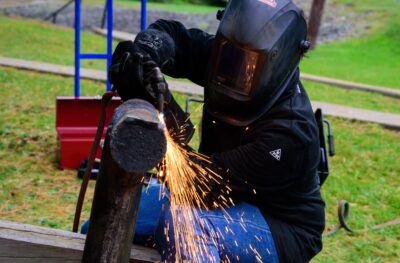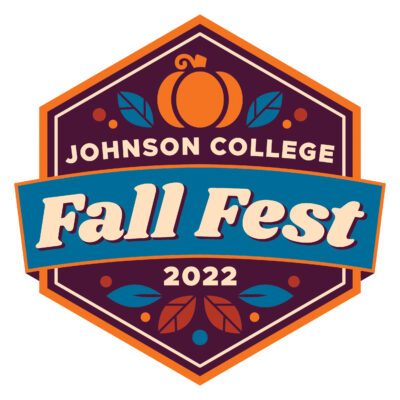Johnson College’s Continuing Education Program recently announced its late summer and fall course offerings. The courses are for adults who want the opportunity to improve their skills, which will also help them stay ahead of the competition, learn new technologies, and advance in their current careers.
The courses and start dates include:
Pennsylvania Emissions Inspector Training and Testing on August 10 and August 24, 2022.
Pennsylvania State Vehicle Safety Inspection on August 9, 2022.
Fundamentals of Welding on August 9, 2022.
Fundamentals of Welding and Intermediate Gas Metal Arc Welding GMAW on August 9, 2022.
Medical Assistant Program on August 30, 2022.
Forklift Operator Training on September 24, 2022.
Basic Maintenance on November 1, 2022.
For more details on each course and how to register, visit johnson.edu/continuingeducation or contact the Continuing Education team at 570-702-8979 or continuinged@johnson.edu.



